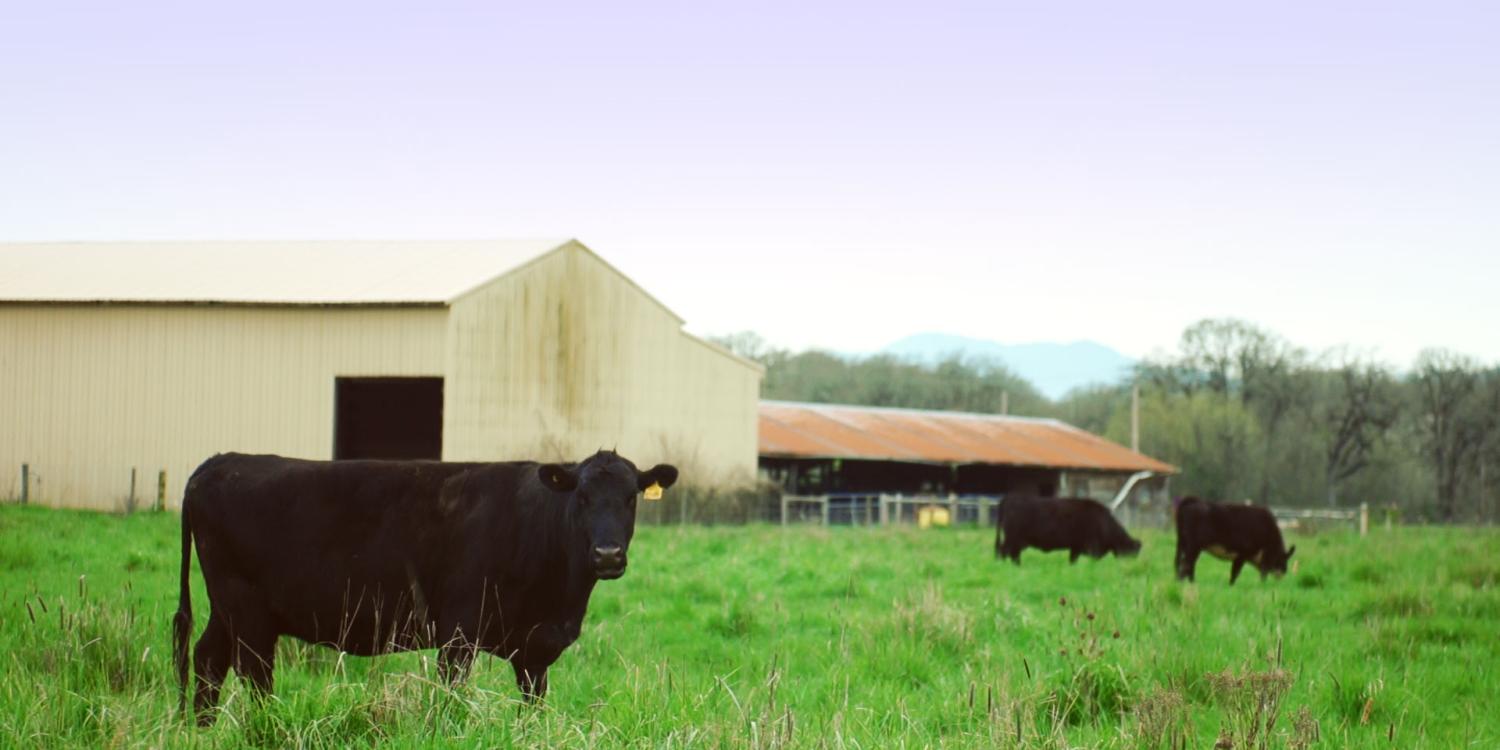
Living on the Land Stewardship for Small Acreages is a class series that teaches small-acreage landowners and land managers how to improve their management practices with natural resources in mind. The Oregon State University Extension Service Small Farms program in the south Willamette Valley has co-organized Living on the Land since 2006. The series is typically four to five classes that might include a farm tour. The classes are held in Benton, Lane or Linn counties.
OSU Extension collaborates with Oregon’s Soil and Water Conservation Districts and watershed councils to develop the series to best address natural resources concerns in the local area. Topics that may be included in the series are:
- Developing a plan for rural properties.
- Pasture and grazing management.
- Livestock manure management.
- Reducing potential runoff from fields, manure piles and heavy use areas.
- Weed control strategies.
- Identifying invasive species.
- Developing and implement integrated pest management.
- Domestic well management.
- Septic system management.
To determine if the critical stewardship practices have been implemented, the Small Farms program in the south Willamette Valley developed a survey for attendees who attended the in-person classes from 2010-2022 and one Zoom offering in 2021.
Thirty-nine attendees responded to the surveys. They reported collectively managing 1,034 acres, ranging in size from 1 acre to 254 acres. The media property size was 10 acres.
Eighty-one percent of respondents contacted OSU Extension for additional education, technical assistance or to stay connected by joining an email listserv and 86% indicated that they shared some information they learned through the classes with a neighbor or friend.
Other notable results included:
- 60% said they assessed their well water and/or septic system and made necessary repairs.
- 46% said they kept livestock off most pastures when the soil was wet.
- 50% said they composted livestock manure.
- 44% said they planted cover crops to improve soil quality.
- 39% said they removed invasive weeds.